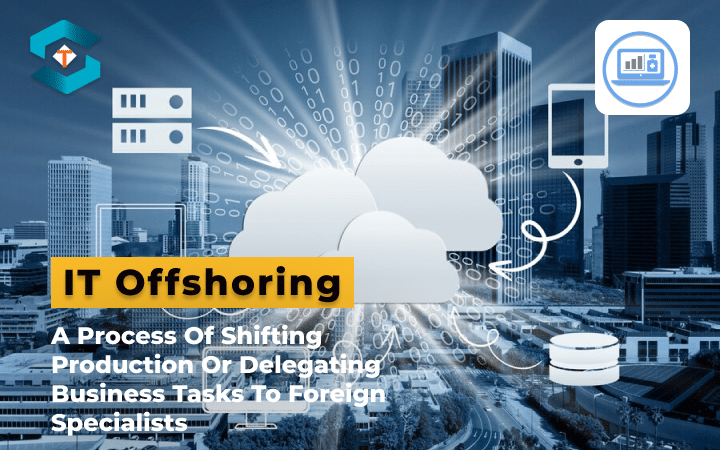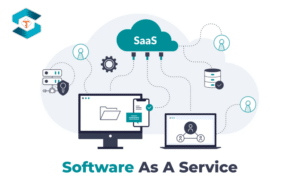Offshoring in IT refers to the practice of a company hiring a third-party service provider or setting up its operations in a different country to perform IT-related tasks, services, or development work. This practice is primarily done to leverage cost advantages, access a larger talent pool, or benefit from different time zones.
Here are some key aspects of IT offshoring:
Cost Efficiency:
Offshoring IT services to countries with lower labor costs can significantly reduce operational expenses for companies, as labor, infrastructure, and other overheads may be cheaper abroad.
Access to Global Talent:
It enables access to a broader talent pool. Companies can tap into skilled professionals in different parts of the world. That allowing them to find specialized expertise that might not be available locally.
Round-the-Clock Operations:
Time zone differences can be advantageous, allowing companies to operate continuously. They having teams in different parts of the world working on the same projects in different shifts.
Scalability and Flexibility:
Offshoring offers scalability options, allowing companies to quickly scale up or down their operations based on project requirements without the need for significant infrastructure changes.
Challenges:
It also presents challenges such as language barriers, cultural differences, communication issues, data security concerns. The need for effective management across geographically dispersed teams.
Access to Skilled Talent:
Offshoring allows access to a diverse and often larger pool of skilled professionals. This includes technical experts, programmers, developers, engineers, and other IT specialists who may possess niche skills that are in high demand.
Types of Offshoring:
It can take various forms, including captive offshoring (subsidiary in another country), outsourcing (third-party vendor), or a that combines both approaches.
Regulatory and Compliance Factors:
Companies need to navigate legal and regulatory differences between countries. This can involve data protection laws, intellectual property rights, and other compliance issues.
Overall, IT offshoring can offer several advantages, but it requires careful planning, strong management. An understanding of the potential challenges to ensure successful implementation and delivery of IT services or projects from different geographical locations.













